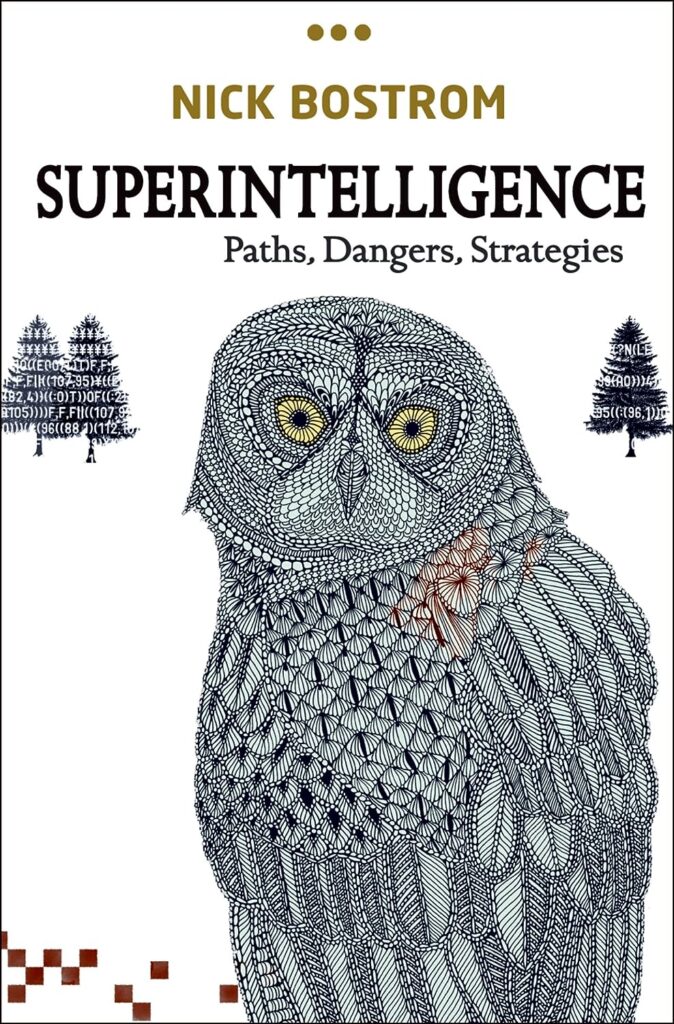Elon Musk, in a move escalating the fight for control of artificial intelligence (AI), released the complete code behind his company’s chatbot, Grok, on Sunday.
Grok, known for its witty responses inspired by “The Hitchhiker’s Guide to the Galaxy,” is a product of xAI, Musk’s AI research company founded in 2023. While independent, xAI integrates its technology with the X social media platform, training Grok on user-generated content.
By open-sourcing the code – making it freely available for anyone to see and use – Musk dives headfirst into the heated debate on AI safety. Proponents believe open-sourcing fosters transparency and collaboration, while others fear it could lead to misuse.
This isn’t Musk’s first foray into open-sourcing. Last year, he did the same with X’s recommendation algorithm, though updates haven’t materialized. He defended the move, stating on social media, “Still work to do, but this platform is already by far the most transparent & truth-seeking…”
The chatbot code release is the latest salvo in Musk’s ongoing battle with OpenAI, creator of the popular ChatGPT chatbot. Musk, a former OpenAI co-founder and funder, recently sued the organization for reneging on an open-sourcing pledge. He argues that such powerful technology shouldn’t be controlled by tech giants like Google and Microsoft, a close OpenAI partner (OpenAI intends to dismiss the suit).
The debate over open-sourcing generative AI – capable of creating realistic text, images, and videos – has intensified in recent years. Silicon Valley is split. Some engineers fear the technology falling into the wrong hands, while others believe transparency outweighs potential risks.
By publishing Grok’s code, Musk positions himself as a champion for openness, potentially giving him an edge over competitors with a head start. Open-sourcing allows other companies and developers to adapt and improve Grok’s code for their own chatbots and AI systems. Meta (Facebook and Instagram) has also open-sourced its LLaMA AI, with Google and French startup Mistral following suit to varying degrees.
Formed in 2023 with the stated mission of “understanding reality,” xAI is another piece of Musk’s sprawling empire, which includes X, SpaceX, and Tesla. In November 2023, he announced investors in his X acquisition would gain a 25% stake in xAI.
Musk advocates for unfiltered chatbot conversations, criticizing companies that prioritize political correctness. However, some see this stance, and the focus on open-sourcing, as intertwined with business interests.
OpenAI, the market leader with the most powerful and popular chatbot, has little incentive to open-source its code. In contrast, Musk and xAI, aiming to catch up, could benefit by inviting collaboration and improvement through open-sourcing.
Subbarao Kambhampati, an Arizona State University computer science professor, believes open-sourcing contemporary AI is the safest approach. However, he acknowledges that companies like xAI and Meta might not be driven purely by safety concerns. “Elon Musk and Yann LeCun [Meta’s AI chief scientist] are not the best messengers for this argument,” he remarked.
Discover:

Superintelligence:
Paths, Dangers, Strategies
“Nick Bostrom’s excellent book “Superintelligence” is the best thing I’ve seen on this topic. It is well worth a read.” – Sam Altman, President of Y Combinator and Co-Chairman of OpenAI

